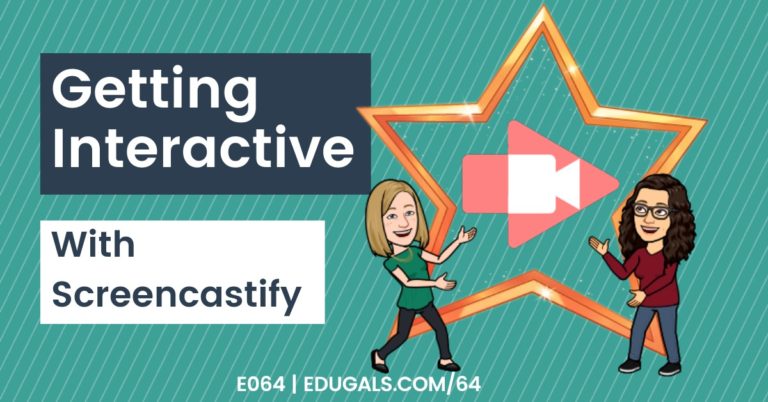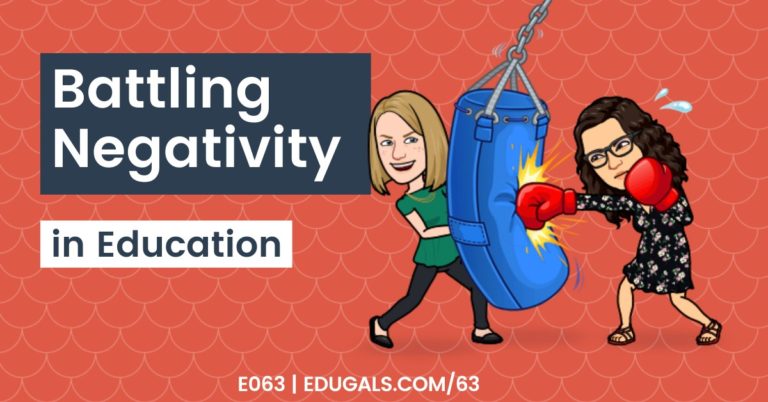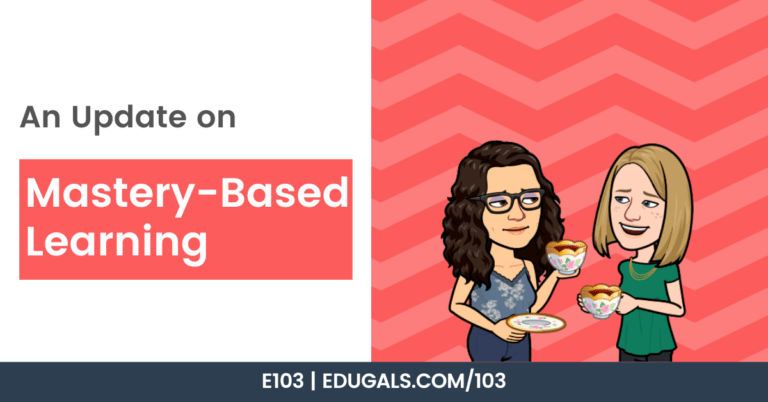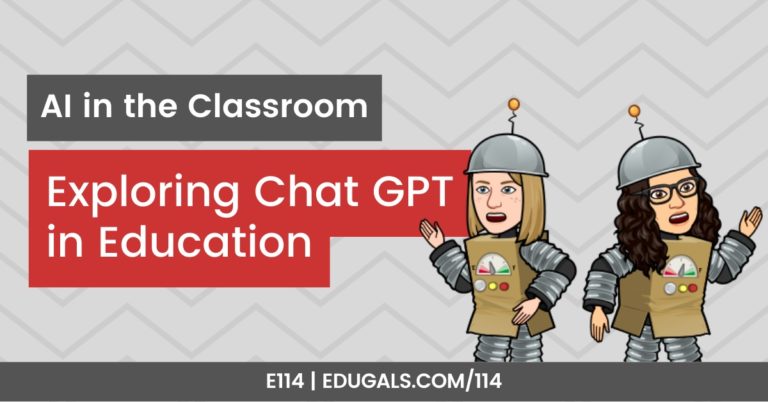[podcast_subscribe id=”7428″]
In this episode, Katie is going to share some work that she has been doing with an organization called The Living Hyphen. She will share who they are and how she’s incorporating this organization into ESL classrooms.
If you like what you hear, we would love it if you could share this episode with a colleague or friend. And make sure you subscribe so that you don’t miss out on any new content! And consider supporting the show by buying us a coffee or two!
We would love to hear from you – leave a comment on our website OR check out our FLIP!
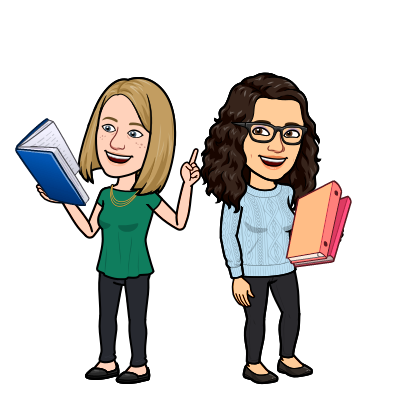
Show Notes
This week, Katie will be sharing some of the work that she’s been doing recently with an organization called The Living Hyphen, and how it relates to the classroom.
Katie first learned of this organization about a year ago when she received one of their magazines in the mail. At first she had no idea who had sent it, or what it was about, but she quickly opened it up and fell in love with this group.
The Living Hyphen talks about people who are between cultures, hyphenated Canadians, or as we more commonly know the term “newcomers.” The magazine is a compilation of written pieces by authors who identify as hyphenated Canadians, or people between cultures.
In the magazine, they share stories about their migrations journey, settling in a new country, and navigating languages, cultures, and the range of emotions and experiences that come with this experience.
It fits well with Katie’s practice because she teaches newcomers. Even if they aren’t in Canada for the same reason, they are all getting used to a new country, and learning the language, and becoming a part of a new community.
At the beginning of the semester, Katie and her two amazing co-teachers hosted The Living Hyphen, and had them run a writing workshop for all of the language learners currently in the ESL program. It was a bit of a risk because we have such a wide range in proficiency, from just starting to learn English to approaching fluency.
The goal of the workshop was to get the students to share their experiences, culture, and language with our school community, teachers, parents, etc.
It was so much fun. It was especially interesting because Justine (who ran the workshop) stressed the fact that students should share in whatever language they felt comfortable; students did not have to use English just because they were at school – they could use any of the languages that they know, or even mix the languages if they wanted. This valuing of language, which is an important part of a person’s identity, was such an important thing for the students to hear.
The workshop was a way to get students thinking about who they are, where they’re from, and how they’re feeling about their migration journey, being in Canada, etc. The ultimate goal is to create a book where students will contribute a written piece based that will be in English and their first language(s). This book will share a little bit about who they are, where they come from, and how things are going.
Not only does The Living Hyphen do writing workshops and magazines, but they also have a podcast as well. In the podcast, they take some of the stories from their magazines, and share a little more about their culture, their experiences (good and bad). It’s worth sharing even the negative, because it’s important that the world knows that it isn’t easy and it isn’t always happy or positive to have to move to a new place, and all emotions are justified, and are normal.
This was actually a message that we stressed with our students. During the writing process, some felt uncomfortable because they weren’t sure about sharing feelings of sadness or anger. The teachers really had to work hard to make sure that the students knew that all emotions or valid, and all are real – it’s important to speak one’s truth and not lie about it just to make others more comfortable.
With that in mind, Katie and her colleagues provided the students with a range of writing prompts that they could use to create their writing piece for the book. We wanted to give options so that all students felt comfortable sharing, and that there was something for everyone. Some of the prompts included: share an expression from your first language that you really like; how did you feel when you first found out you were moving to Canada? What is something difficult about learning English?
There were a total of 6 writing prompts, plus the option of using one of the writing activities from the workshop with The Living Hyphen. This way, we could honour all of the emotions and feelings our students have, and we could create a safe space where they all felt comfortable sharing something.
One sentence that popped out to Rachel while scrolling through the website was “Our stories are left, not only unheard, they’re often entirely untold.”
We don’t often ask questions, and we don’t often learn about our students and the life they had prior to entering our schools and classrooms. Moving to a new place, and learning a new language can be extremely challenging, and there are so many reasons why families may choose (or not feel like they have a choice) to move. This has an impact on the students in front of us.
Rachel had to move to England when she was in Grade 8. While she didn’t have to learn a new language, it was still a huge shift in culture and place. It was definitely challenging. She recognizes that adding in the extra layer of language, religion, culture, etc. would make it extremely challenging.
And when you also add in religion, it becomes even more complex. We want to say that we live in an accepting society, but that’s not always the case. There’s a lot of Islamophobia and other forms of discrimination; our newcomer students are navigating so many different challenges in a world that doesn’t always accept them for who they are.
With that in mind, we wanted to take some time to share this organization and their magazine with our listeners because their message is important, and it’s one that educators and students to take some time explore.
Are the writing workshops geared towards all classes, or more suitable for ESL classes?
The workshops are definitely for any grade level or proficiency level. Knowing that students are creating identity texts, it may be a challenge to connect this to a science or math class, but there are some great connections to a range of classes.
In terms of language proficiency – there’s no limit, really. I did have to do some interpreting for some of my students who speak Spanish, as they didn’t understand all of the prompts, but overall, the use of first language really opened up the ability for all students to engage in the workshop.
What did you end up doing during the workshop?
Justine led the students through a series of prompts, and had them write down different thoughts and phrases. One of the prompts had the students describe where they are from by using their different sense: sight, hearing, touch, smell or taste. Each sentence would begin with “I am from.”
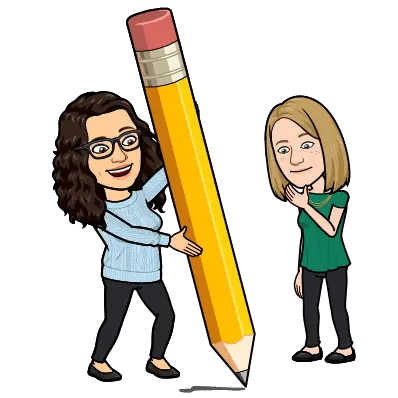
She also had them tell a story about a family gathering using English and their other languages throughout. Students would switch languages mid-sentence, and keep going. It was really neat to see what they would come up with. It was a powerful experience
One of the most impactful prompts was the story of your name. Katie doesn’t have a story, so hearing about the beautiful and powerful stories of why students’ names were chosen, and who chose them, was such an amazing experience. The pride and happiness of sharing with their peers, and all of their classmates were so engaged in hearing the stories.
The workshop was an amazing form of community building in our ESL program, and the fact that students felt safe and comfortable sharing was such a big win.
The Living Hyphen’s workshop was incredible – would definitely recommend it to educators!
What did you do after the workshop? Where do you go from here?
ESL in Katie’s school is on a very different path this year. The levels are all mixed together, and they wanted to create opportunities to learn English by doing versus sitting in a classroom. They are doing a lot of projects, and creating lessons based on the project and what they need to know and do to be successful.
In this case, the students will be creating a book that will get printed, and that they will then sell to raise funds for the school’s “Angel Fund,” which is money for students who have financial needs in the school community. The students wanted to give back to the school community, which is why they chose that particular charity.
The students have been divided into different teams, and each team has a responsibility to prepare and plan for the book printing, launch and the events. The teams are: event planning team, sales team, publicity team, graphic design team, presentation team, podcasting team and project mangers. Students work in their teams and with the other teams to get everything done!
There will be a formal book launch that the students will plan and host once the book has been printed. The students will also help host a multicultural night at the school. Here, they will highlight the text and give families and students an opportunity to purchase a copy, while also showcasing a little about who they are, and their culture.

The book itself will be dual language with a thematic breakdown based on the prompts that students chose to write about. The graphic designs team will choose the layout, images or illustrations, etc. We are leaving it to the students to decide what works and what doesn’t; the aim of the project is student-led, which can be really hard, but the teachers are trying to make sure that the students are taking the lead. At the time of recording, the team has not yet solidified their choice of program for creating the book, though they were experimenting with a few options.
Katie can’t really speak to all of the specific details about the launch, etc. because it really is being left with the students to plan, but as of recording the students were booking out the library for the official book launch and are inviting various different guests, such as the administration, local newspaper, and a few different classes. The students had applied for a grant, and were able to get some money to help offset the cost of printing, as well as some refreshments for the launch.
The various roles or jobs really allow students to find something that they enjoy and feel like they can do well – there is something for everybody! Even if they might be hesitant, it’s also a great opportunity to practice and develop in these different areas.
How do you evaluate something like this?
This was such a big question for the three teachers going into the project. We wanted the writing to be authentic, and to reflect the interlanguage that our students possess at this point in time. Interlanguage is the in-between language that students use as they are learning a new language. This interlanguage really highlights the idea of The Living Hyphen, and of straddling different languages and cultures. There’s value in this stage of language, and we need to honour the process.
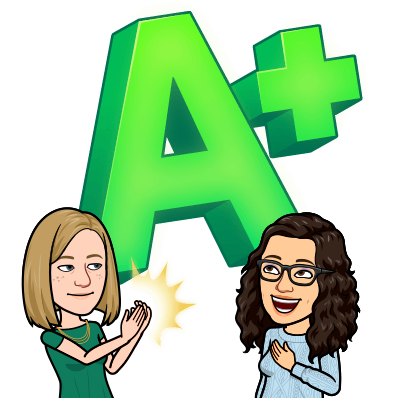
We didn’t want a piece that was so perfect in grammar and vocab that it no longer looked like or sounded like our students. So, we went with editing for comprehension – do we uderstand the message that is being shared?
With that in mind, all students were marked for the written piece that they chose to submit to the book, based on their ESL level and proficiency.
From there, we have had to embed lessons throughout the project about pragmatics, for example (ie how we alter speech based on the target audience), so we can mark the messaging that is being sent based on the lesson, practice, etc.
Process will definitely be a big part of this project mark because of the brainstorming, learning and planning involved. We won’t mark every single email, but rather we will look at the progression of skills as they have gone through the process of planning and executing the project. The same will go for the presentation group, graphic design group, etc. There will be multiple opportunities to practice, get feedback, and try again, and we want the mark to reflect their overall learning, not their failed attempts.
Student voice and reflection will also have a role to play in the project and how it is marked. It’s important to have students reflect on how their skills have progressed, and what they think they deserve as well.
The most important part of evaluation in this project is to ensure that we don’t crush our students and the vulnerability and risks they took when creating and planning and executing the many tasks in this project. It isn’t easy to share pieces of who we are, so it’s important that we are careful and mindful of how this is approached and discussed with our students.
